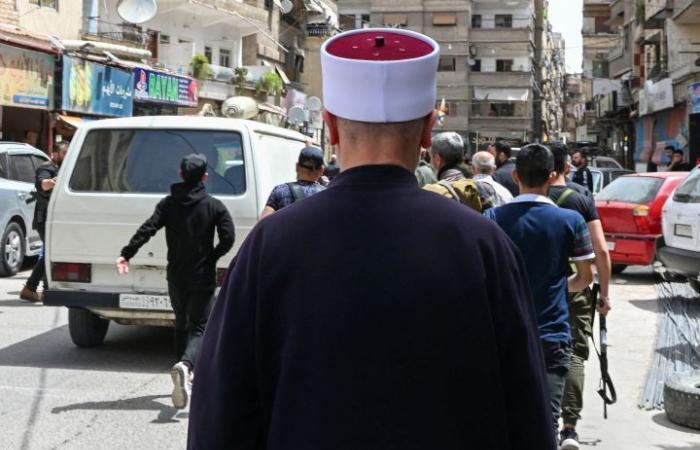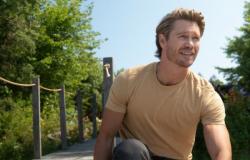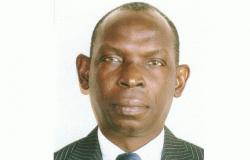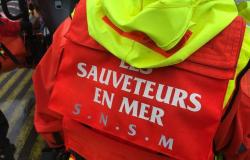The highest spiritual authority of the Druzes of Syria denounced on Thursday a “genocidal campaign” against his community and attacked Ahmad al-Chareh, in the aftermath of denominational combat having left dozens of deaths near Damascus.
These clashes between Druze fighters and armed groups linked to Sunni power illustrate persistent instability in Syria, almost five months after the overthrow of President Bashar El-Assad, from the Alaouite minority.
In a statement, Cheikh Hikmat al-Hajri denounced an “unjustified genocidal campaign” aimed at “civilians at their home” and claimed “immediate intervention by international forces”.
“We no longer trust an entity that claims to be a government (…) A government does not kill its people by using its own extremist militias, then, after the massacres, claims that they are uncontrolled elements. “A government protects its people.”
The fighting in Jaramana and Sahnaya, where Christians and Druze live, woke up the specter of the massacres which, in early March, left more than 1,700 dead, in the vast majority of members of the Alawite minority. The violence had been launched by pro-assad attacks on the security forces.
Affirming to want to defend the Druze, Israel, a country neighboring Syria with which he is technically at war, threatened to strike Syrian power in the event of new violence against this minority.
Druzes are an esoteric minority from Shiite Islam and its members are distributed in particular between Lebanon, Syria and Israel. Alawites are another minority branch of Islam, while Sunnism and Shiism are the two main currents.
“Farm commitment”
The fights near Damascus were launched on Monday evening by an attack of armed groups affiliated to power against Jaramana, after the broadcast on the social networks of an audio message attributed to a Druze and judged blasphemous with regard to the Prophet Muhammad. AFP could not verify the authenticity of the message.
The clashes in Jaramana left 17 dead on Tuesday before expanding Wednesday in Sahnaya where 22 fighters from two camps died, according to the Syrian Observatory for Human Rights (OSDH). Also on Wednesday, 15 Druzes fighters died in an ambush on a road leading to Sahnaya, according to the NGO.
Agreements between representatives of the Druzes and power made it possible to restore calm on Tuesday evening in Jaramana, a suburb of Damascus, and Wednesday evening in Sahnaya, 15 km southwest of Damascus, where security forces were deployed.
Syrian authorities had warned that they would “strike an iron fist all those who seek to undermine the stability of Syria”, accusing “outlaws outlaws” of provoking violence.
The Syrian power has, in this context, reaffirmed its “firm commitment to protect all the components of the Syrian people, including the Druze community”. He also expressed “his categorical rejection of any foreign interference” after the Israeli military intervention.
“Extend chaos”
Israel has led several strikes claiming targeting the objectives of Syrian power.
The Druze of Israel form an Arabic -speaking minority of around 150,000 people renowned for its patriotism, and are overrepresented in the army and the police in relation to their number.
In neighboring Lebanon, Lebanese Druze chief Walid Joumblatt accused Israel of instrumentalizing the Druzes in Syria. “Israel continues to want to apply its lifelong plan (…) consisting in fragmenting the region into denominational entities and extending chaos,” he said at the end of March.
From the fall of Bashar al-Assad on December 8, overthrown by a coalition of Islamist rebel factions led by Mr. Chareh after more than 13 years of civil war, Israel has multiplied the opening gestures towards the Druzes.
But dignitaries Druzes reaffirmed their attachment to the unity of Syria and rejected Israeli threats against Syrian power.
“By placing himself as a protector of the Druze community, Israel hopes to both be local allies, particularly in the South Syrian, but also weighing in the scale at a time when the future of Syria remains uncertain (…),” said Michael Horowitz, an independent analyst.
With AFP








